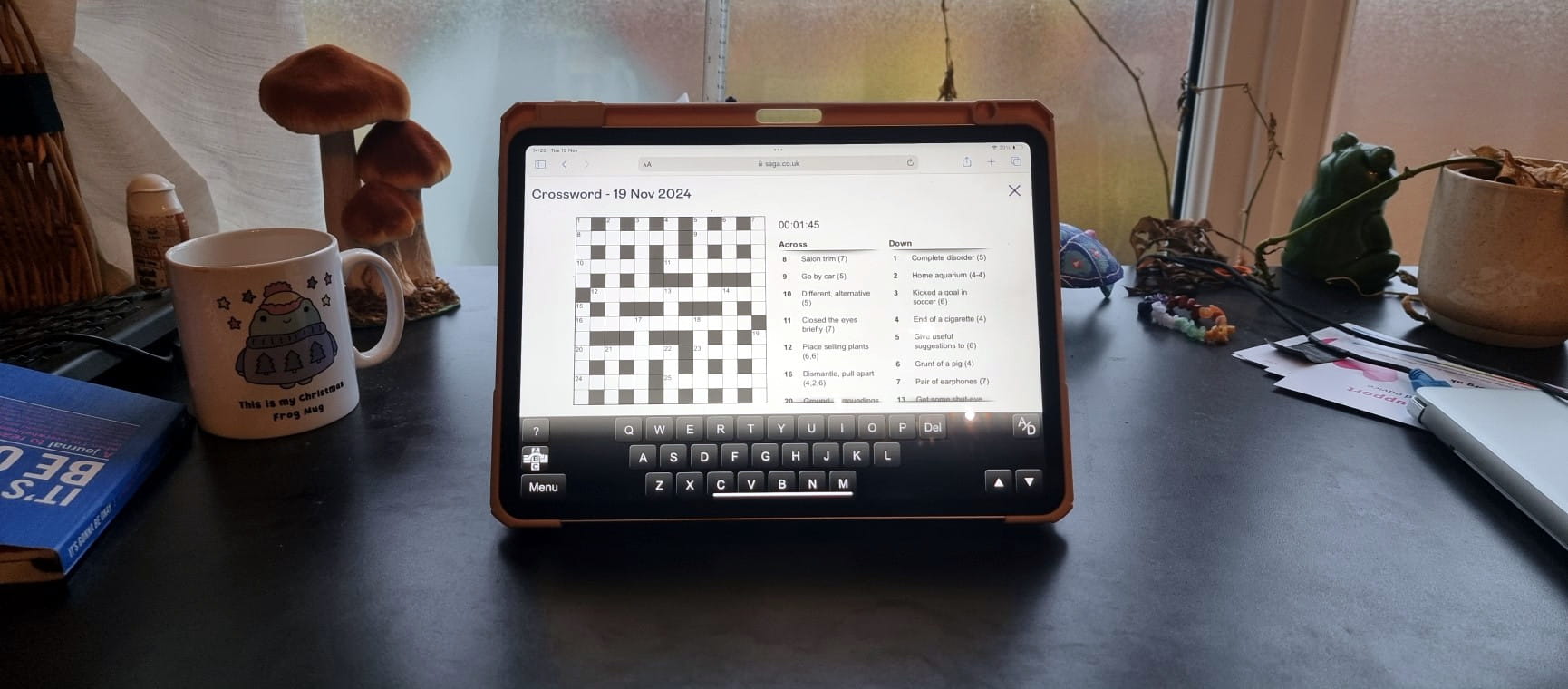
February is surely a time for hurkle-durkling. I’d love to leave that there and let you make up your own definition for this glorious-sounding word, but its real meaning is too good to ignore.
To hurkle-durkle is to stay beneath the covers long after it’s time to get up. Not only am I a hurkle-durkler, but there is more, because lingering in bed when you should be up and about is surely never complete without a book. It is a combination I love, and one which makes me, to borrow a less mellifluous but equally useful term, a ‘librocubicularist’: one who reads in bed.
All this floated through my mind one particularly dark morning when hurkle-durkling seemed essential, and I realised how many wonderful words exist for the bookworms of this world.
Words I wish I’d known when I was younger, squeezed into whatever chink of sunlight I could find (my dad wasn’t a fan of central heating) and lost in a story of princesses, ballet dancers, ponies, and the occasional orphan. Such were the subjects of my early reading life; I’m grateful for their escapism and innocence. I’ve been a bibliophile, or book lover, ever since.
Today as I write I am surrounded by hundreds of books that stare out expectantly from my shelves, for many are still unread. And yet despite this, I simply can’t stop buying more, which means the Japanese word ‘tsundoku’ could have been created just for me.
Put simply, tsundoku is the art of buying books and never reading them. It is the call of every bookshop and its luminously seductive shelves; the sigh of satisfaction as you leave, a hefty bag of new titles tucked under your arm. Once home, you’ll add them to the already teetering pile in the wistful knowledge you will probably never get round to them.
In my case, many of those bookshops will be of the second-hand variety, which have their own unique appeal – and aroma. It is the smell of old leather and wisdom, of crinkly paper and forgotten magic.
There is even a word for that, thanks to John Koenig’s Dictionary of Obscure Sorrows.
“Vellichor,” he writes, is “the strange wistfulness of used bookstores, which are somehow infused with the passage of time… a hidden annex littered with thoughts left just as they were on the day they were captured”.
It would be hard to put it more eloquently.
As a librocubicularist, I also needed the word ‘ballycumber’. Straight from the pages of the glorious Meaning of Liff by Douglas Adams and John Lloyd, which aims to fill any gap in English with a judiciously chosen place name, a ‘ballycumber’ is ‘one of the six half-read books lying somewhere in your bed’.
"Only six?" I often wonder.
Of course, some would argue that simply being surrounded with books is enough to give you a sense of comfort. And it must be said some bibliophiles can be a little smug.
In fact, anyone who boasts of the fact they’ve read their fourth book this week while you’ve barely managed to stay awake beyond page three, could legitimately be called ‘shelfrighteous’. (Such book-braggers no doubt posted ‘shelfies’ in the pandemic, keen to show off their alphabetically organised book collections.)
They may not be the worst of our bookish breed, however, for beware the biblioklepts: the book thieves who borrow yet another of our favourite novels and never give it back.
Thoughtless, perhaps, but I think we resent them more because books tell a story in more ways than one. Each one holds a memory of the time and place we bought it, even of the emotions of that day. Together they are the footprints of our lives.
In fact, Desert Island Books, anyone? I know I’m game… if you can pull me out from under the covers.

Every issue of Saga Magazine is packed with inspirational real-life stories, exclusive celebrity interviews, brain-teasing puzzles and travel inspiration. Plus, expert advice on everything from health and finance to home improvements, to help you enjoy life to the full.

The ultimate guide to Saga Puzzles, full of technical tips, tricks and hints.

With the start of the new financial year on 6 April, our money expert explains the changes to your pension, benefits and taxes.





